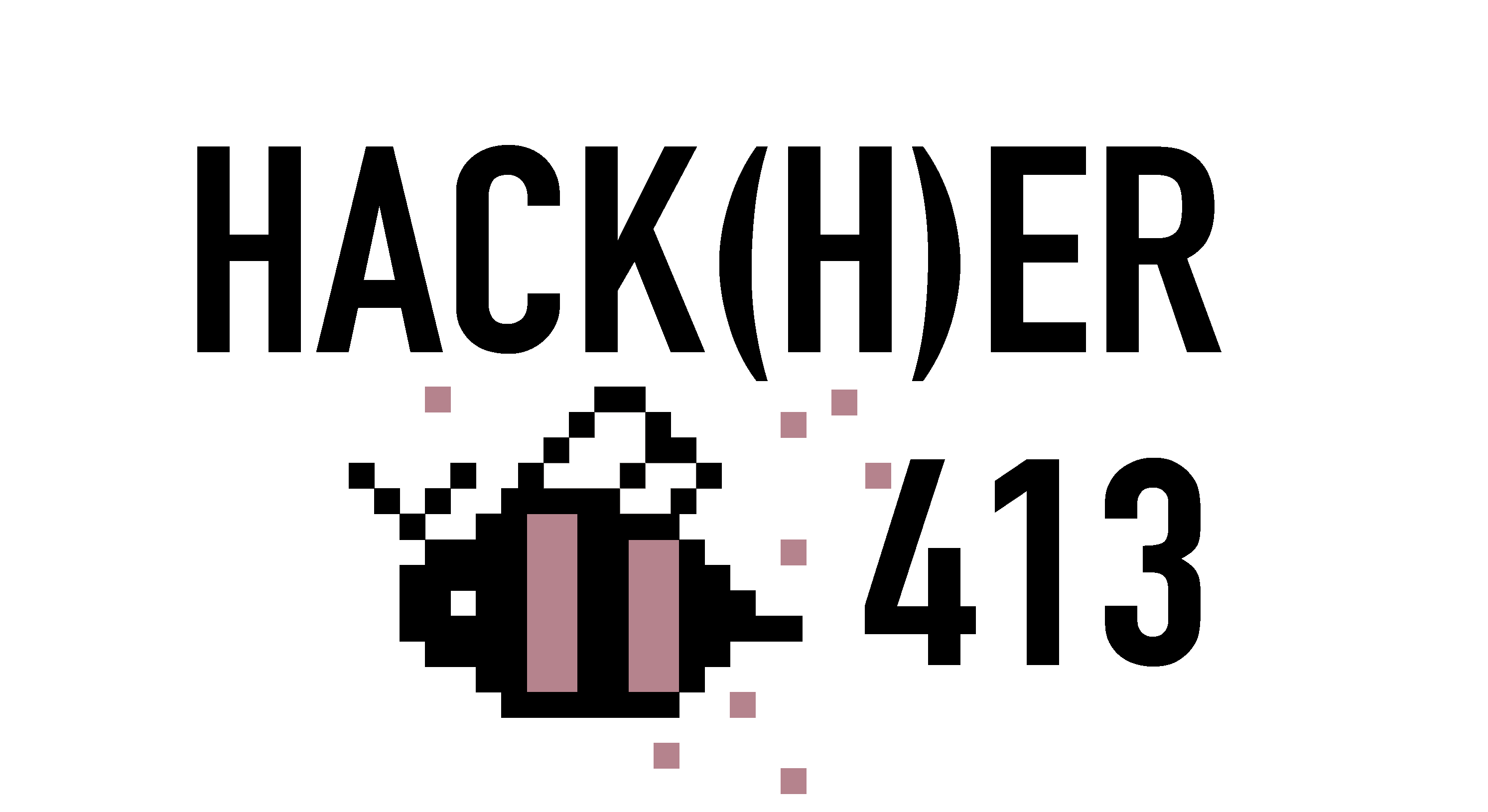Looks like we could not find that project (404)
Don't have an account? Sign up!
Forgot your password?
Made with ❤ by the HackHer413 Tech Team. Powered by the FuseUMass Platform
FuseUMass Platform
Forgot your password?
Made with ❤ by the HackHer413 Tech Team. Powered by the
